Agriculture
Everyone deserves fresh, healthy food grown in a way that’s good for the climate, rivers, wildlife and communities.
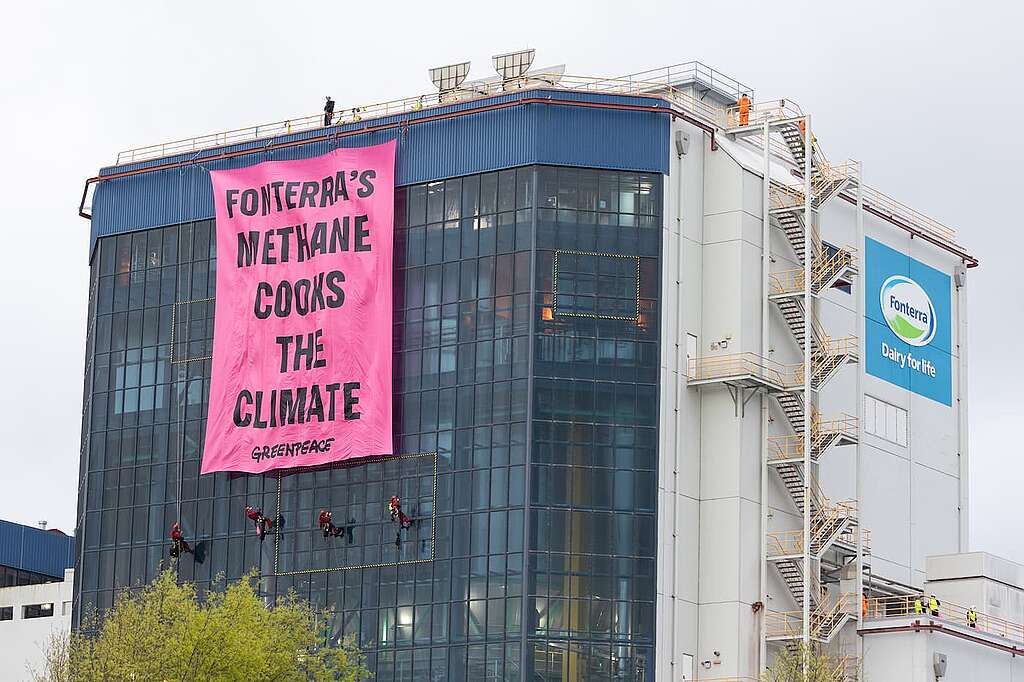
Agriculture in New Zealand
Over the past thirty years, farming in New Zealand has changed. Family farms are steadily being replaced by corporate, monoculture farms, with dairy cows crammed into every corner.
Intensive dairying is making the climate, the water and our communities sick. Industrial agriculture is New Zealand’s biggest climate polluter, largely thanks to all those dairy cows. Aotearoa’s rivers and lakes are in the worst state they’ve ever been. Even our drinking water is at risk.
Take action today
We want you to take action because together we’re strong.
-
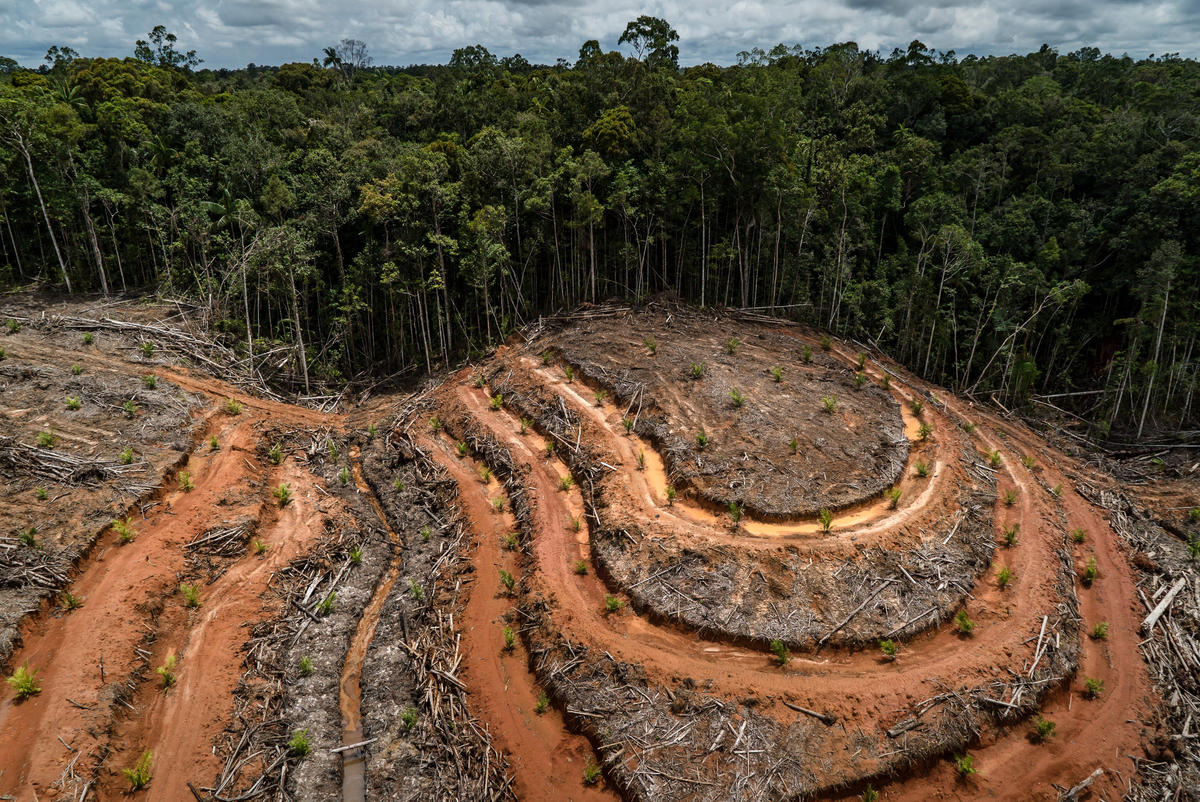
PETITION: Stop Fonterra using Palm Kernel
Call on Fonterra to end the use of rainforest-destroying palm kernel on its farms.
-
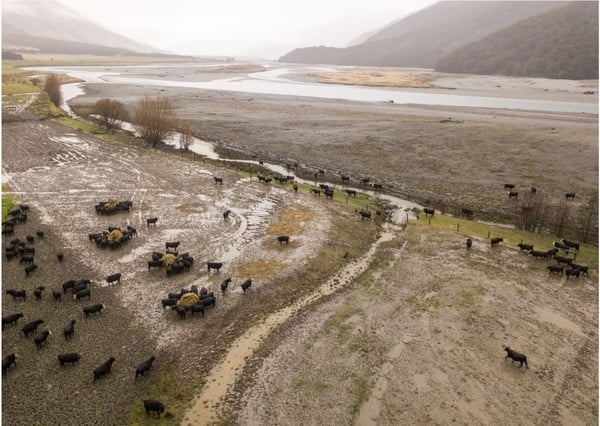
Tell Prime Minister Christopher Luxon to stop the rollback of freshwater protection
Every New Zealander should be able to swim in clean rivers and know that the water coming out of their kitchen tap is safe to drink.
-
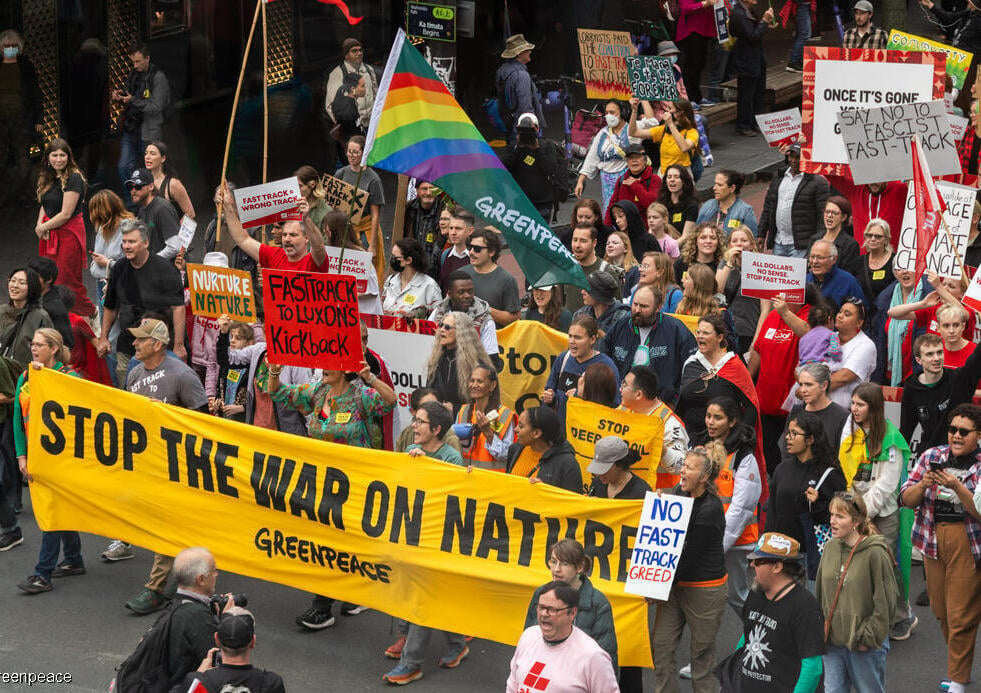
Open Letter to Stop the Fast Track
Sign on to this open letter to industry now to help push more of them to opt out of the Fast Track.
Why it matters
We’re already seeing the shocking effects of the climate crisis. Places like Australia and California have faced raging wildfires. Storms and other destructive weather events are set to become more frequent and intense.
Even if we stopped using all fossil fuels tomorrow, we’d still be on the path to global heating because of the way we’re farming.
Synthetic nitrogen fertiliser and intensive dairying is also causing alarmingly high levels of nitrate contamination in our drinking water – endangering people’s health. Pregnant people who drink high nitrate water risk preterm and underweight babies, and scientists warn that nitrate in drinking water could be causing 100 cases of bowel cancer and 40 deaths per year in New Zealand. Rural communities on bore water are the most at risk. What is more – it can take up to 20 years to feel the full impacts of nitrate pollution on our waterways and on human health, meaning it is even more important to stop nitrate contamination at source. This is about people’s lives.
Farming can be part of the climate solution, but we need to make some changes.
-
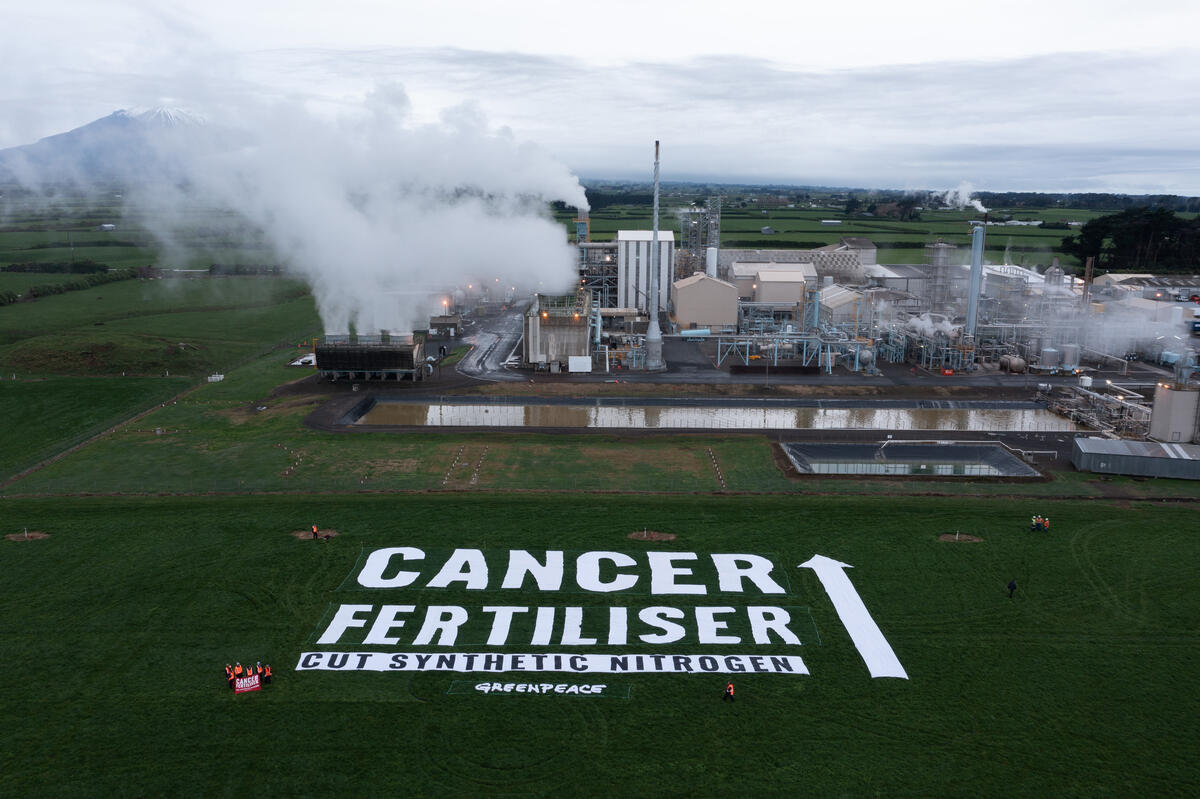
The fertiliser cap – what is it, and why is it important?
The fertiliser cap is one of NZ’s few freshwater protections – but what is the fertiliser cap, and why does the government want to ditch it?
-
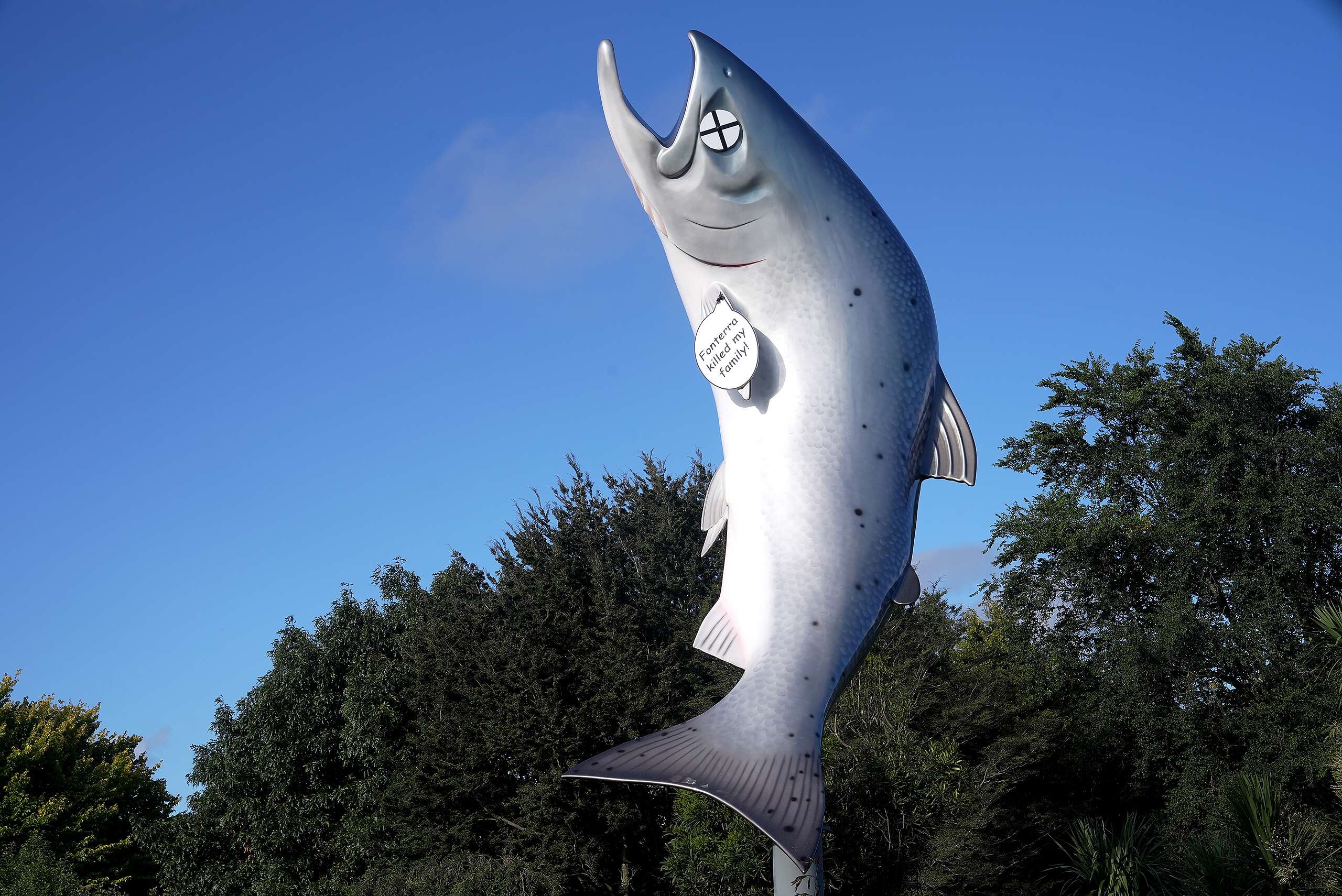
Greenpeace alters Rakaia salmon statue, says ‘Fonterra killed the fish’.
Greenpeace Aotearoa has altered the Rakaia salmon statue in Canterbury, turning it into a cartoon dead fish in protest of dairy industry environmental destruction.
-

Looming Government fertiliser cap decision could worsen NZ’s nitrate contamination crisis
Greenpeace warns that a looming Government decision on fertiliser restrictions could result in more nitrate contamination of drinking water.
-

General election a stark choice for New Zealanders
“A turning point for New Zealanders” is what Greenpeace has labelled this year’s election, following the announcement of the 2026 election date.
-
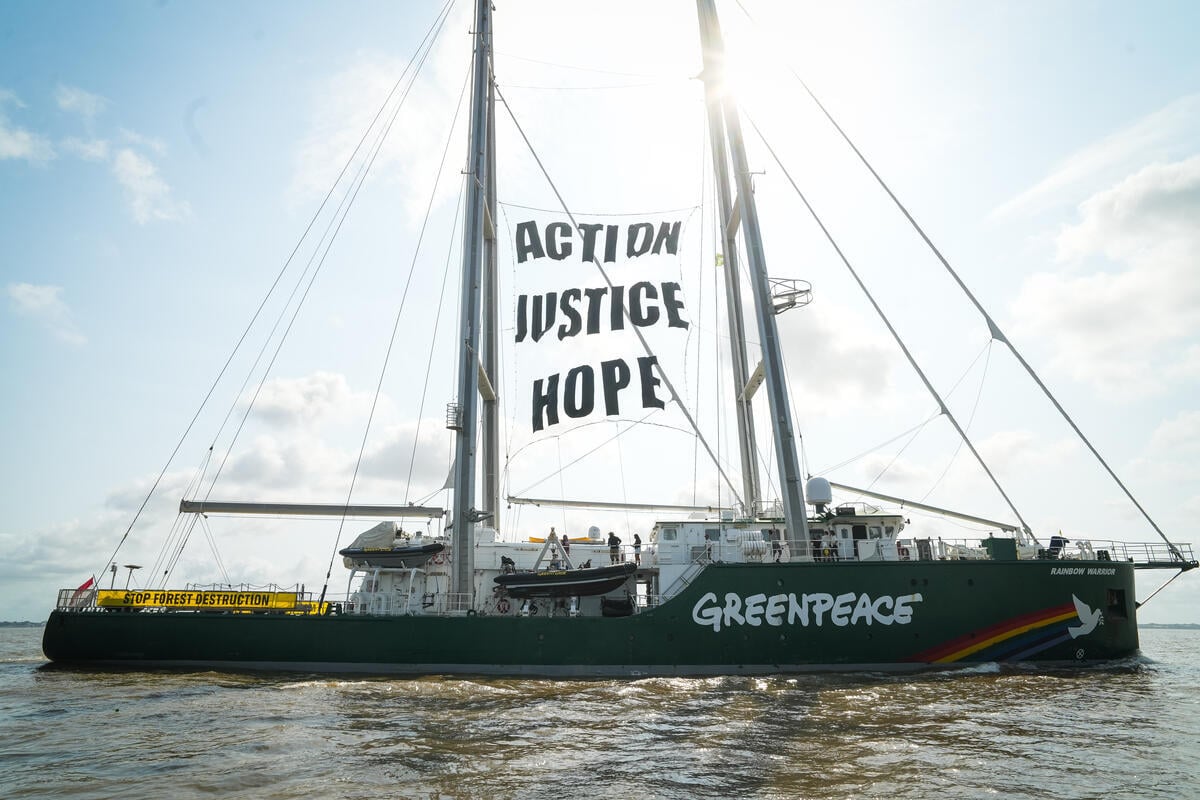
2025: A year of wins, action and resistance
2025 was a year of people power, hard-fought wins, and standing up against political and corporate harm.
-
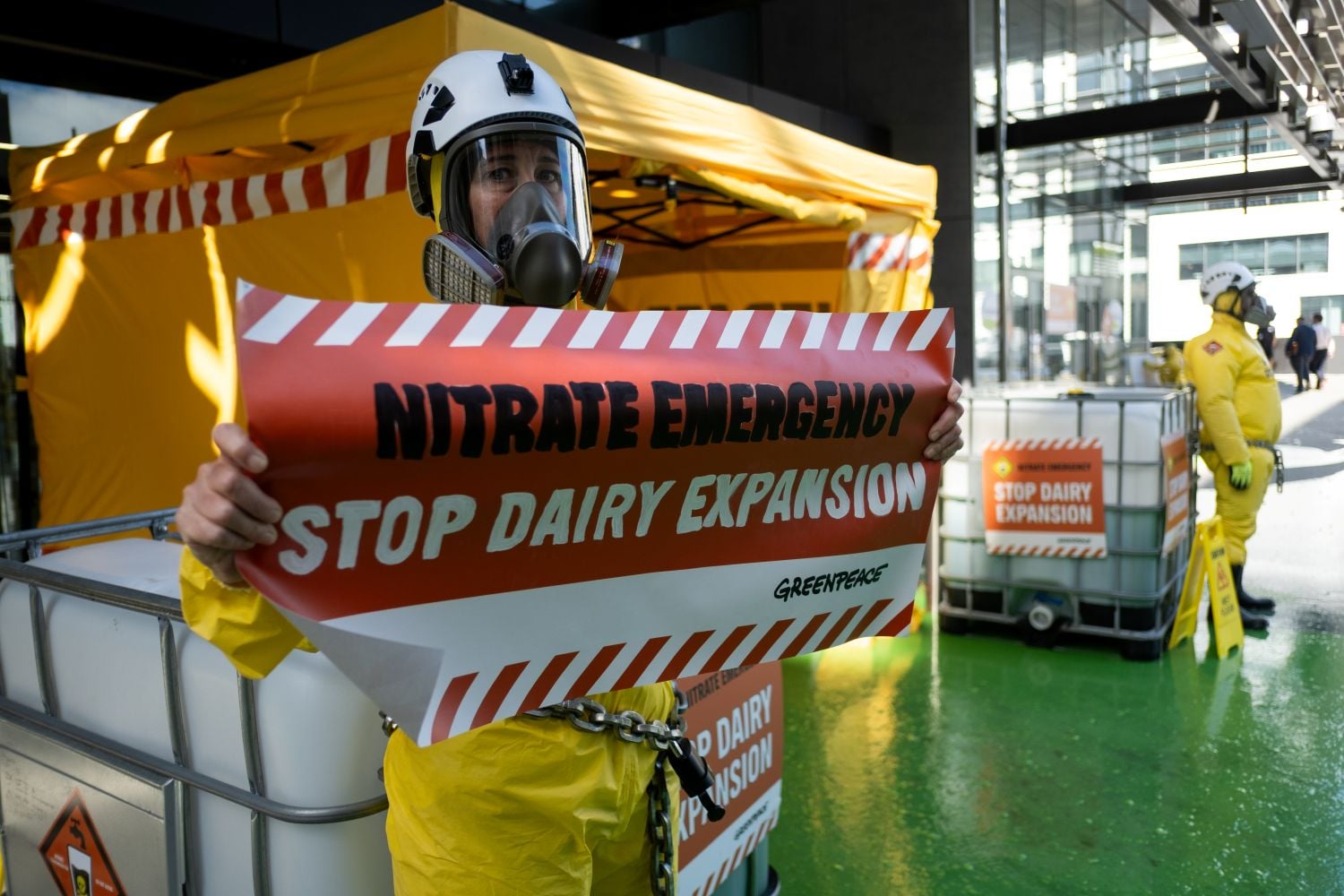
Three Greenpeace activists removed by police from Fonterra nitrate pollution protest during shareholder meeting
Three Greenpeace activists have been removed by police from Fonterra’s downtown Auckland offices for protesting nitrate pollution.
-
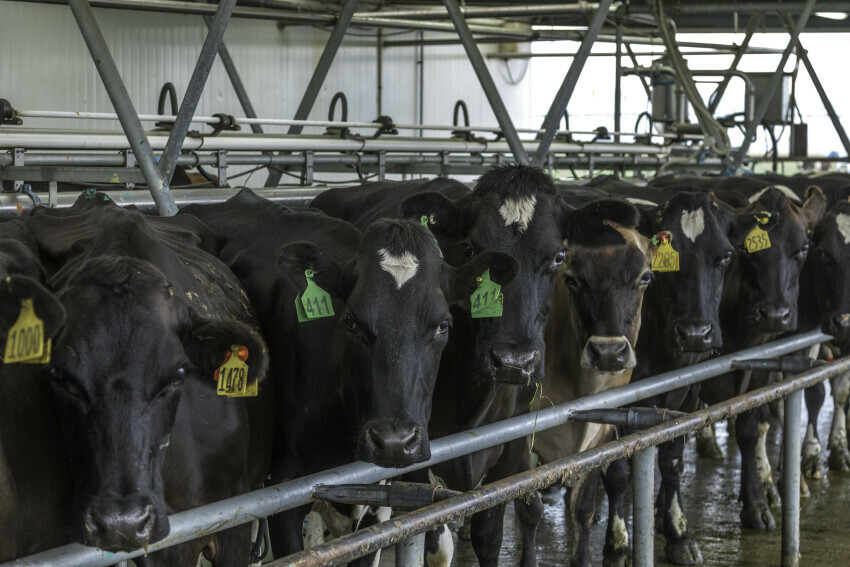
Govt abandons NZ’s climate credibility with shameful methane bill
“Utterly shameful”. Greenpeace Aotearoa condemns the Government’s new methane targets following first reading in Parliament.
-
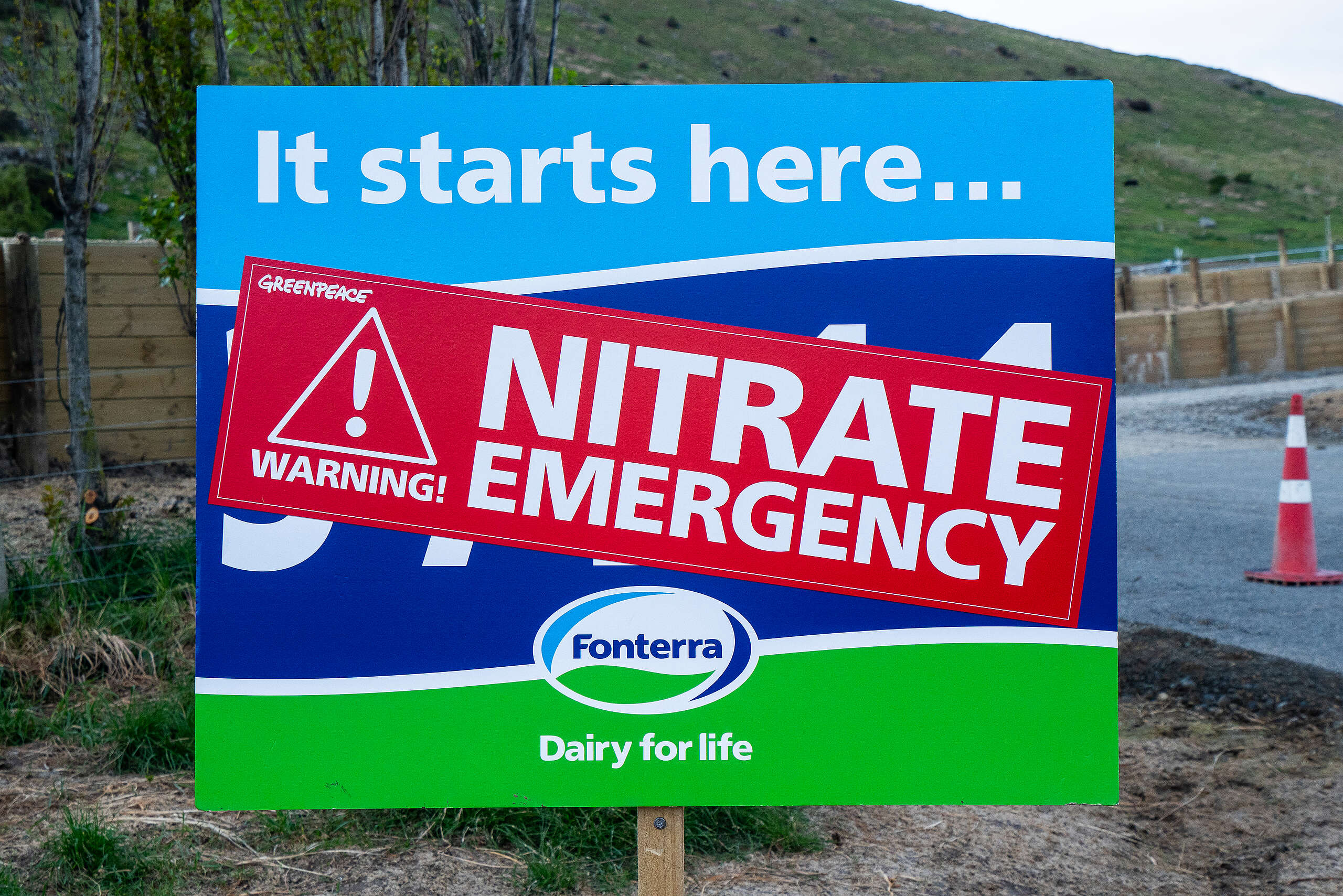
Denmark moves to lower limits on nitrate in drinking water – when will NZ follow suit?
Denmark’s Environment Minister is making moves to dramatically lower the legal limit for nitrate in drinking water.
-
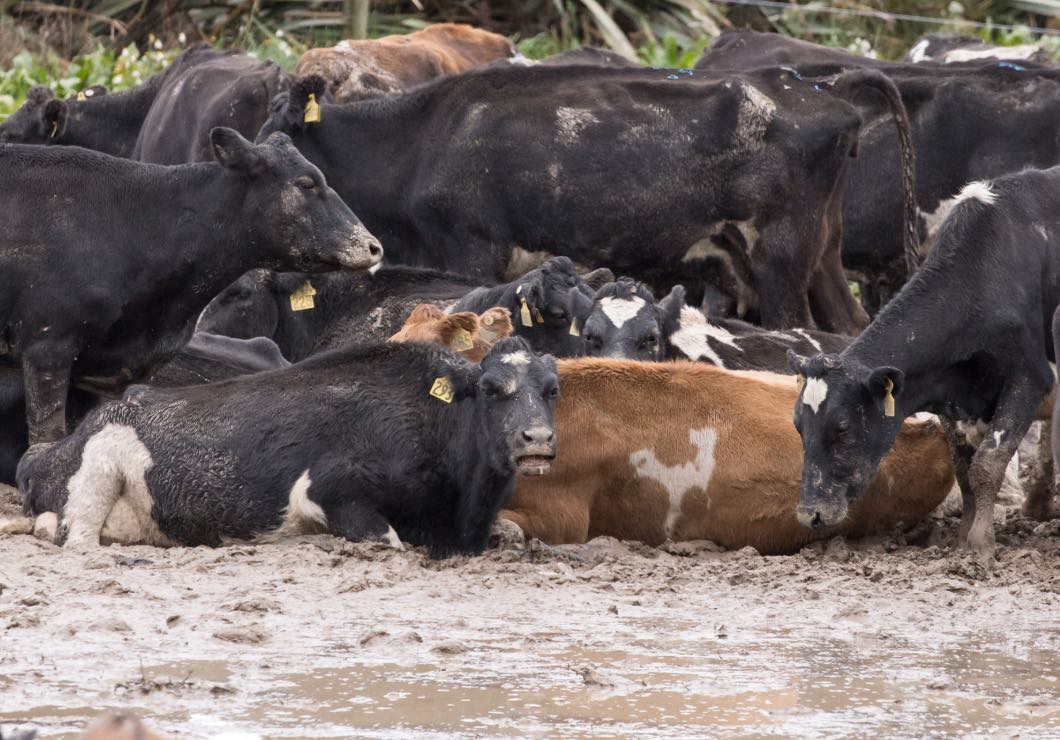
A blueprint for more pollution and environmental harm – Greenpeace reaction to new Resource Management bills
Greenpeace says the Government’s rewrite of New Zealand’s core environmental laws includes an outrageous new idea, whereby companies will be able to claim financial compensation when councils introduce rules to…
Subscribe
Greenpeace is people, people like you, and together we are unstoppable! Add your details and we’ll send you regular action alerts and campaign information.
